Turn Your Fintech Website Into a Customer Acquisition Channel
We’re a content marketing agency that helps financial services and fintech companies acquire customers and position themselves as experts with content marketing
Who we’ve worked with:
Our process
🏛 Content strategy based on customer research and aligned with business objectives.
🏛 Content for the level of your reader that can talk about your product.
🏛 Content based on interviews with internal experts.
🏛 Content written by specialists in financial services and fintech.These issues lead to a situation where your content:
Learn more about our methodology:
“The Mint solution is specialised, out-come driven and transparent. The team are experts in what they do and are a joy to work with.”
Why Mint Studios?
You’ll get leads, not just campaigns
Instead of receiving blog posts or campaigns, we’ll work together to help you generate new business.
You’ll have complete visibility over how many conversions each piece of content creates, which ensures we create content that is aligned with your business objectives.
How do we do it? Learn about the Mint Studios framework.
You won’t have to worry about content
We’ll be an extension of your marketing team and act as your digital marketing partner.
A big part of what we do is content marketing. We’ll do the strategy, writing, publishing, promotion and tracking every month, as well as setting up the interviews with internal experts.
We’ll do regular check-ins and you’ll get a report with the results every month.
We do content: you get new business.
You’ll get expert financial content that positions you as a thought leader
We know financial services and fintech inside out, which means:
You can hit the ground running with high quality content and ad campaigns
You can create technical, expert content for an advanced audience
We’re familiar with financial services and fintech and have the processes in place to gather expertise from your internal experts.
“With Mint Studios, we can rest assured we’re creating content that advances our mission to educate founders on growing a business, positions us as experts while also bringing in actual results.”
Got questions? Book a free 30 min content marketing consultation with our Managing Director and we’ll answer all your questions with zero obligation.
A guide: how do you pick the right fintech digital marketing agency for you?
If you’re doing research on fintech digital marketing agencies, then it’s likely you’re evaluating different types of marketing agencies and have a few questions, like:
What type of digital marketing agency should I work with?
Should they specialize in my sector?
How will we measure success?
When does it make sense to work with an agency vs hiring a freelance writer vs hiring someone in-house?
We’ve worked on the brand side, as freelancers, and now agency-side, and we thought we’d take an honest look at this question and share our thoughts on how to select the right fintech digital marketing agency for what you’re looking for.
Our perspective: work with an agency to scale a new channel (but ideally not when testing)
Before you even start looking for an agency, it’s very important that you’re clear on what you want to achieve from working with this agency and what success looks like. Are you looking for help with lead generation? Brand building? Sales enablement? Demand generation? Do you want the agency to be held accountable for leads or not?
In our experience, you’ll get the best results from working with an agency when:
There’s a new marketing channel that you want to invest in and scale
This marketing channel isn’t your core channel
For example, say your core customer acquisition channel is affiliate marketing. Since the channel is core to your business growth strategy, we’d argue hiring someone in-house is the best approach, since this gives you most control of the channel.
You’ve got a small team dedicated to affiliate marketing. But that doesn’t mean you don’t want to invest in other channels. You’d start by first testing a few different channels by asking your in-house team members to invest a little, say in PPC, Search Engine Optimization (SEO), and LinkedIn ads. After a certain period of time, LinkedIn ads seem to be showing some pretty good results, and therefore you decide you want to scale that channel.
That’s the point where it makes sense to bring in an agency to grow the channel. In this case, the agency’s role is to take the channel from 1 - 100. And if after 18 - 24 months of working with that agency you find the channel is clearly proven and working well, then we would argue it makes sense to hire full-time members dedicated to it.
In other words, don’t hire an agency to:
Scale a channel that is core to your business. You’ll want full control over that channel and you’re therefore better off hiring full-time members.
To test new channels. They aren’t close enough to the business to be able to share rapid feedback loops to know if a channel is working or not. Ideally, you’ve already tested a channel in-house and hire the agency when you’re ready to scale.
This is our philosophy in theory, but in practice, there is no denying that you can’t be so rigid. Sometimes you already know SEO will be a great channel without testing – in that case, you can go ahead and hire an agency right away. Other times a channel will help with both acquisition and brand awareness – like content – and you want someone who can create a lot of different pieces of content. In that case, it might make more sense to hire someone full-time.
There’s also a question of budgets, at what stage your company is in, and how flexible and the size of the agency itself. Smaller agencies can be good for testing channels as well, and if you have a tight budget, a freelancer/agency may make more sense to grow your core channel.
It varies a lot. However, one of the common mistakes we’ve seen fintech brands make is believing that working with the right agency is a silver bullet and will solve all their problems.
This is why we believe if your fintech is very early stage, you need a generalist marketer on your team who is confident about the channels they want to invest in. It’s also very important that you are very clear on what your expectations are when hiring an agency, on determining what success looks like, and whether they will support with digital marketing strategy, execution, or both.
Even though it varies a lot, here are our thoughts on deciding what type of agency to hire.
What are your options? And what are the pros and cons of each one?
In our experience, most fintech companies looking for a fintech marketing agency are looking for an agency that will help them unlock a digital channel and acquire customers. In other words, to help with acquisition rather than branding or retention work.
We have most experience in the realm of SEO, PPC, and content marketing, so that’s what we’re going to focus on. If you are looking for help with PR, Conversion Rate Optimization (CRO), email marketing, influencer marketing, social media marketing, affiliate marketing, etc, we would recommend going to the Fintech Marketing Slack group and asking your question there.
In this guide, we’ll focus on these three channels:
SEO (technical and content)
Content marketing
Paid search (also called PPC or SEM)
It’s possible that some of these channels have worked a bit for you just naturally without much marketing effort (e.g. SEO). Or maybe because your space is relatively well known (e.g. invoice financing), you’ve seen competitors do well with these channels and know that they will work for you. Here are the different options to consider:
Hire a digital agency that does all three channels
Hire a specialized agency
Hire a sector-agnostic / sector-specific agency
Hire another in-house marketer
1. Hire a digital agency that does all three
In this scenario, you hire an agency that does PPC, SEO, and content marketing. This can work well depending on where the agency’s strengths lie.
We’re an agency that started mainly (and still is) as a content marketing agency, which means we know how difficult it is to create great content. In our opinion, an agency that does PPC, SEO, and content marketing can only work well if they’ve invested heavily into their content marketing services and have a proven track record and process to create great content.
That’s because, in our experience, most agencies that do content creation offer it as an add-on. They do this by simply outsourcing the content writing to a freelance writer (we know because some of us used to be those freelance writers!). The issue with that is that you have a writer who is quite removed from the product, customer pain points, and wider market. They also usually work together on a short-term basis, which means each piece of content may come back differently.
Being able to write about complex topics like embedded finance, invoice financing, and payments compliance in a way that’s clear and easy to understand is very rare. It requires being able to hire great writers, and then spend time training them on fintech topics and writing well.
So working with an agency that does all three can work if:
You know they have long-term writers on their team, and they have heavily invested in training their team and having the right processes to create content (like we do).
Content isn’t a big priority for you and you don’t mind if it’s surface-level for the time being.
Some questions you can ask to determine if they’re a good fit for you for content marketing:
How do you hire and vet your writers?
Are your writers freelance? And if so, how long do you typically work with them?
What is your process for writers to have a strong understanding of customer pain points and the product?
In terms of PPC and technical SEO, many agencies offer both services because they are similar in nature: both require being data-driven and being strong with numbers. Typically agencies can do both quite well, however, this is again why they may not be as good for content marketing, which is typically more creative and focused on words rather than numbers.
The main benefit of working with an agency that does all three is that you are working with just one contract, and one point of contact for all three channels. If you already have a core acquisition channel (e.g. events) and haven’t invested much in building an online presence, this type of agency is a great way to go full on with digital marketing services and invest in multiple channels at once.
Things to keep into account:
If they offer too many services: PPC, paid social, email marketing, etc. These are signs they are a very generalist agency and therefore are more “average at many things” rather than “good at very specific things”, which can make it harder to evaluate if they are good.
As mentioned above, their content may be low quality if they are simply outsourcing to freelance writers. Make sure to enquire about their approach and process for hiring for content.
2. Hire a specialized agency
In this scenario, you hire an agency that specializes in just one channel. For example, they only do SEO, or only PPC, or only content marketing.
The main benefit of this type of agency is that if they are true specialists, they are likely very advanced with the channel and are right on top of the latest tactics and the best strategies. They’ve likely worked with a lot of different accounts and can bring a lot of that experience and expertise to working on your account.
As mentioned above, we would argue that hiring a specialist agency makes sense if you already have a core acquisition channel, and want to invest in another one that you believe will work well. This approach works particularly well if you don’t have the knowledge in-house for that specific channel. This way, your specialized agency can work on scaling the channel while also sharing their expertise with your marketing team.
Like any agency, you want to make sure you’re clear on your goals and expectations. For example, if your objective is lead generation, then will the agency be held accountable for that? PPC agencies are typically good at following those metrics, but technical SEO and content marketing agencies are not. You can most definitely generate leads via SEO and content (which is what led us to start our agency), which is why it’s important to be clear on how the agency will help you reach your goals.
And as mentioned above, a key thing you want in this type of agency is knowledge transfer. You want an agency where you can tell they are very passionate about the channel, they are overflowing with knowledge and can’t wait to share their expertise. That way you can ensure they’ll pass that knowledge over to your team.
Some questions you can ask the specialized agency to determine if they are a good fit:
What are some unique things about doing PPC / SEO / content in our industry? What have you seen works and doesn’t work?
How will you help us reach our goals? Will you be accountable for leads?
How do you stay up to date with developments in this channel?
Things to keep into account:
Three separate specialist agencies are hard to manage, especially considering time and resources. They also need to communicate, since there is a lot of overlap between content, SEO, and PPC. If you want to do all three, make sure all the agencies are regularly talking to each other.
Make sure they are accountable for the metrics that you care about, and that they report on these every month.
If your website has under 10,000 pages, you don’t need to hire a technical SEO agency on retainer. Instead, a better approach is to ask them to do an audit every 6 months to ensure your website doesn’t have any issues.
3. Hire a sector-agnostic / sector-specific agency
Should you work with an agency that has experience with your sector? Should they even specialize in your sector?
This type of agency is either fintech / financial services specific, or sector-agnostic and therefore works with a lot of different types of industries. There are pros and cons to each.
Logically, you’d believe that an agency with experience in the fintech industry is better than one without. However, we’ve found that this depends a lot on the skillset, the agency’s talent, how complex your product is, and the agency’s own processes.
Having a very talented PPC person who has a bit of experience with fintech may be better than someone who is specialized in fintech, but does 10 different marketing services.
One thing we can say for certain is that you want to avoid an agency that covers all industries, while also offering 10+ marketing services. That is the ultimate generalist agency and it typically means they lack the expertise and specialty to scale the channel.
For PPC and technical SEO, we would argue that specializing in fintech is less relevant. Since it’s a skill set that is very numbers-focused, what’s important is that they understand the channel and how to scale it. Nevertheless, some experience is helpful, especially if they already know what keywords tend to work and how to keep everything compliant.
However, for content marketing, we’d argue it’s a different ballgame. 80% of prospects reach out to us because they’ve worked with a sector-agnostic freelance writer or agency who didn’t understand fintech and financial services, and therefore produced subpar content. It’s very obvious when a writer doesn’t understand the subject matter as it comes through in the content itself – this may not be the case with PPC or technical SEO. This is why we spend a long time and a lot of resources hiring the right fit writers and training them on writing clearly and about financial services.
If content is a priority for your company, we would only recommend hiring a sector-agnostic agency if you know they are very good at what they do and have a proven process for learning about a new topic quickly and well. We have seen sector-agnostic agencies create good content, but only when they invest heavily into the writing function of their business: carefully vetting and hiring writers, having a process that includes interviewing experts, in-depth editing and training, etc.
Some questions you can ask an agency to see if they would be a good fit:
If sector-agnostic: what is your process for creating content in a more technical sector like ours?
If sector-agnostic: what have you seen work / not work in our sector? What are some key things to keep into account?
If sector-specific: how do you stay up to date with developments in fintech?
Of course, the best way to assess the ability of an agency when it comes to content is to ask for previous samples. That’s the best indicator of the quality you’ll receive.
Things to keep into account:
They may not be a fit if they offer 10+ marketing services, since this is a sign that they are not specialized in anything and may be average at everything.
If they don’t have a process for learning about a new topic, it’ll take a lot longer to get them up to speed on the topic and the content may not be high quality at the beginning.
4. Hire another in-house marketer
We’ve briefly touched on this option at the beginning of this piece: when does it make sense to hire someone full-time?
Our answer is: when the channel is core to your acquisition, and when you’ve invested in a channel for 18 - 24 months and it is therefore proven.
But again, there is a lot of “it depends” here. It depends on your budget, on how well the channels are performing, and whether you’re able to find talent. For example, few employees know how to generate leads with content marketing (hence why we started our agency), so if you want to hire for content marketing, you’ll either need to hire someone very senior or have a set-up where a specialized agency can help with knowledge transfer via workshops, for example.
The benefit of hiring a great agency is that they can hit the ground running quickly as they’ll have processes to learn about a product and market quickly. They have the right skill sets in-house to scale a channel and make sure you get the most out of it. And when you’re ready to move on, it should be relatively easy to offboard them.
With an in-house person, it can be difficult to find the right talent if you’re not sure what good looks like (which happens a lot when you’re investing in a new channel that you’re not familiar with), it’ll often take over 6 months to get them ramped up and there are more negative consequences if the person isn’t a good fit.
Having said that, hiring someone full-time does make sense if you already know someone who is very good, you know this channel is important to the business and want someone to take care of it, or if you are in a testing phase and want a generalist who can test various channels.
A full-time person will have a better understanding of your product, target audience, and the wider market, and can therefore work a lot more closely with your marketing strategy. There is also a lot more flexibility with what they can and can’t do. If for example, you hire a full-time content marketer to create content for SEO, you can also ask them to help with content for sales enablement or LinkedIn.
In general, it’s hard to give guidance on how to hire a marketer in-house because it really depends on the level of talent. There is only so much we can cover in this article, and you’re better off talking to someone directly to get their thoughts.
Things to take into account:
If you’re an early-stage fintech startup, a full-time hire who is a generalist is your best bet as they can test different channels.
If an acquisition channel is core to your marketing or business strategy, then a full-time hire is best to have full control over it.
If your team doesn’t have the right knowledge of a specific channel, a specialized agency can help scale the channel and with knowledge transfer.
If you’re at the early stages of a channel and want to invest but it’s not core, then an agency may be better.
Ultimately, at Mint Studios, we looked at all these options and we thought it made sense to set up our own agency because we felt there was a gap in the market.
We saw that too many fintech businesses were hiring technical SEO agencies that did too many unnecessary audits and weren’t bringing in leads and business results.
We saw that many fintechs were managing too many agency relationships that weren’t talking to each other. And that they were often hiring agencies that “also did content”, but which really meant outsourcing to freelancers that created surface-level content.
We saw many content marketing and SEO agencies didn’t want to be accountable for leads and wouldn’t work in combination with PPC.
Here’s how we set up our agency to be different.
Mint Studios: a content marketing agency for the fintech sector that focuses on business results
We set up Mint Studios because many in-house fintech marketers would hire content freelancers and agencies that would focus on producing thought leadership and brand awareness content that would help with website traffic. But the marketer was still accountable for MQLs and SQLs, leading to a gap: content marketing agencies helped with traffic, but did not help with business metrics.
Here’s how we differentiate:
You work with an agency that understands fintech inside out, allowing you to create advanced content for an advanced audience
One of the biggest complaints we hear on calls with prospects is that they’ve tried working with a freelance writer or a sector-agnostic content agency or even just a PR agency “that also does content” and were always disappointed with the end result.
In fintech, you are targeting people who are experts and advanced in their field. Payments 101 content like “What is a direct debit” won’t generate interest and build trust with your company. This is why you need content marketing support that can write technical content for a more advanced audience.
At Mint, we have our own process to create expert-level content, where we interview the Subject Matter Experts at your company, we use our own type of questionnaire, and all of our writers are carefully vetted and trained. We’ve also worked a lot with fintech companies and have written about complex topics like payment APIs, compliance, and payment processes. That’s how we’re able to write content like this:
2. You get business results with your content marketing, helping you reach your goals
The main reason we set up our agency is because as mentioned above, too many content agencies and freelancers just focus on writing and generating traffic, rather than what you really care about: new customers. As a marketer, you are held accountable for business metrics, not number of articles or traffic.
We have a methodology where we start our content strategy by creating Bottom of the Funnel content (targeting people already close to buying), combined with SEO and PPC to get business results with content. Creating expert-level content combined with ranking for the right keywords allows us to get in front of the right people and turn them into customers.
That’s how we’ve been able to help companies like Jeeves, Zai, and Parpera generate millions with content marketing.
You can learn more here: What is BOFU (Bottom of the Funnel) Content and Why Is it Important?
3. You get your time back and can focus on other channels
As an in-house marketer, you’re busy. You’re preparing for the next event, planning marketing campaigns, building sales enablement material, and reporting at a high level across all channels. You’re testing different channels or maybe focused on scaling one of your core channels. You don’t have time to edit and re-edit content and prepare briefs.
That’s why we call ourselves a “full-service” content marketing agency. We take care of the whole content marketing process: we set the strategy, run the interviews with experts, write and edit the content, publish, and report on success. Every month, you’ll get a rundown of what’s working, what isn’t working, and how it compares to your goals and industry standard. And we’ll do that across content, SEO, and PPC.
This means you won’t have to spend additional budget hiring an additional person or agency, and quickly and easily ramp up or down with us.
Hiring a fintech digital marketing agency: it works best when you’re ready to scale a new channel
We hope this guide was useful in understanding the different options in front of you, and that it helps you ensure the relationship with your agency is successful.
We’ve tried to put all the information as honestly as possible on paper and ultimately let you make a decision. If you want to learn more about why we set up Mint Studios and our methodology to get business results with content, you can read the following articles:
What is BOFU (Bottom of the Funnel) Content and Why Is it Important?
Low Volume, High ROI Keywords: Why You Should Include Them in Your Content Strategy
Case Study: How We Helped Zai Gain Multiple SQLs Per Month with Content
If you’re not sure how to proceed, you’re welcome to book a call with our Managing Director, Araminta, who will always give honest feedback and thoughts.
Meet the team
Araminta Robertson, Managing Director
Michelle Maiellaro, Content Strategist
Elliot McGuire, Content Strategist
Charlie Jarvis
Content Writer
Lauren Christiansen
Content Writer




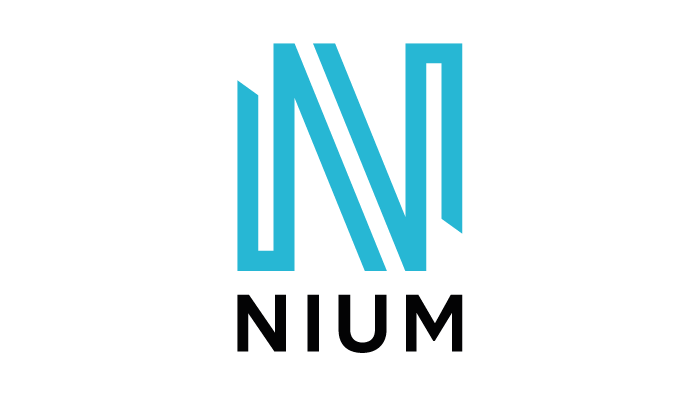





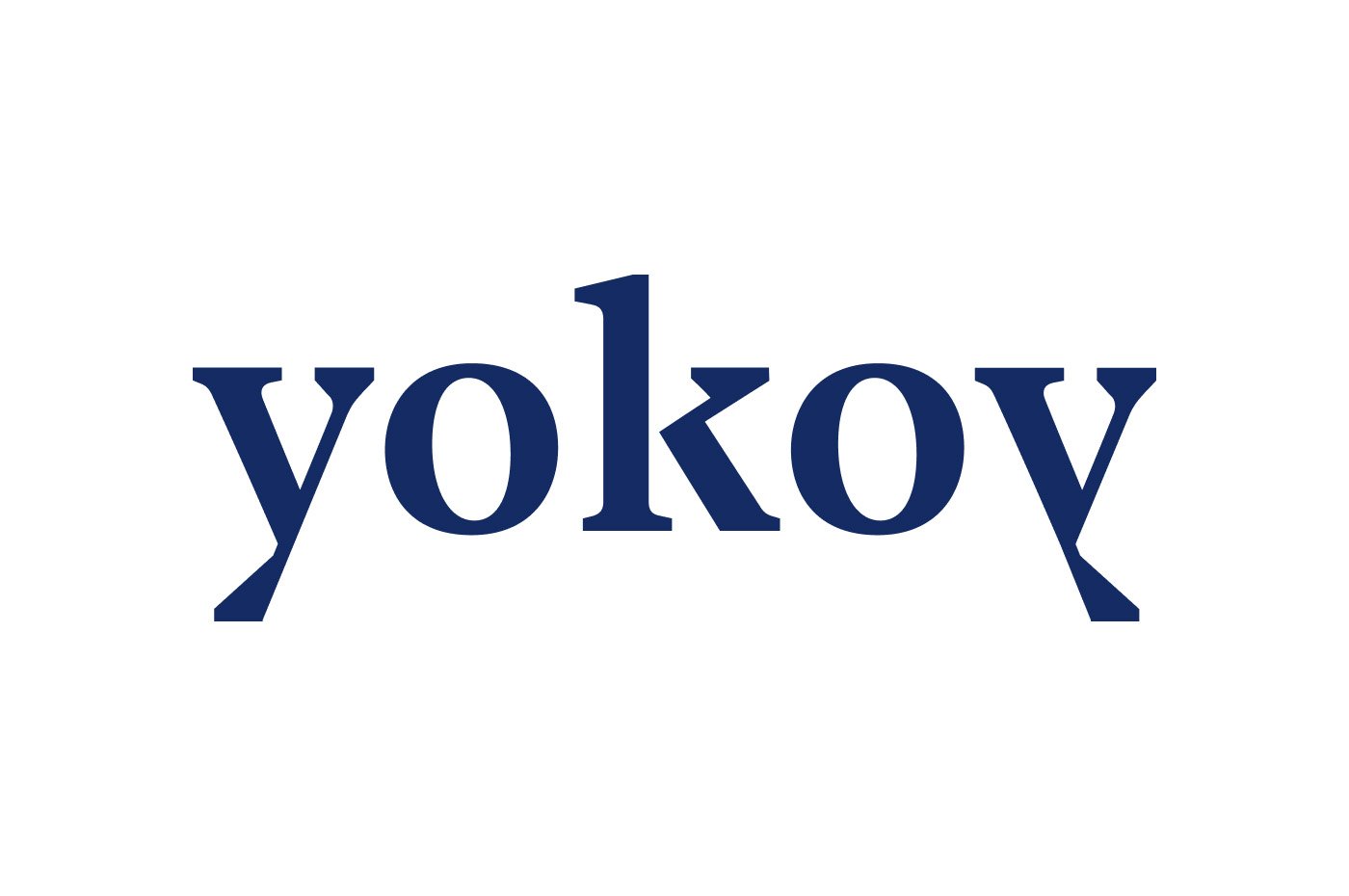

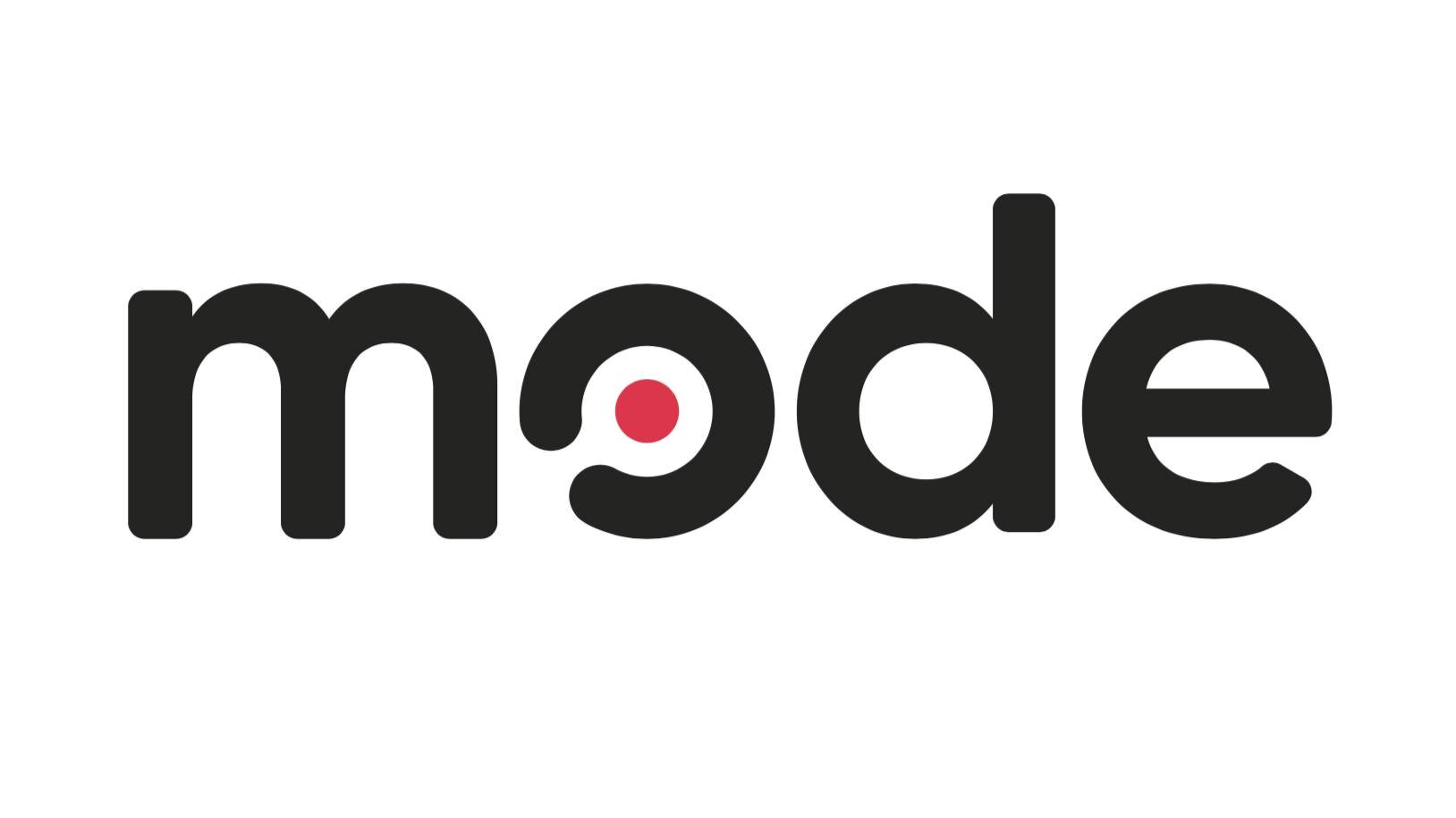
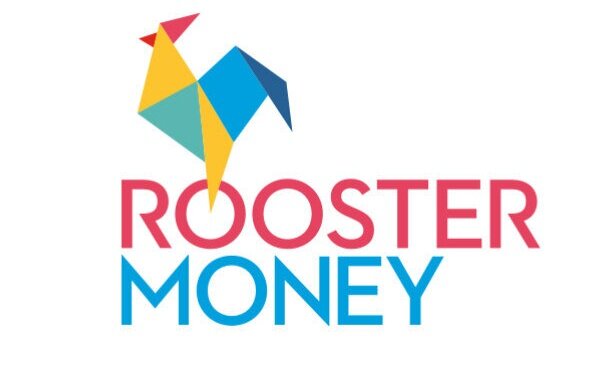



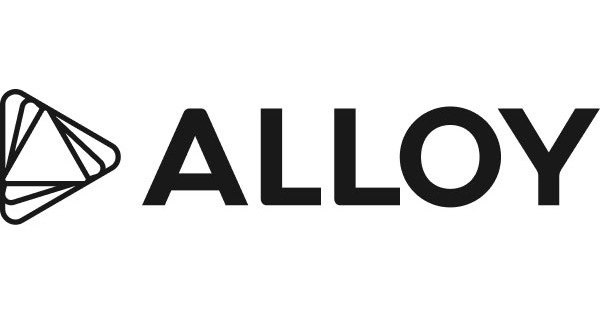

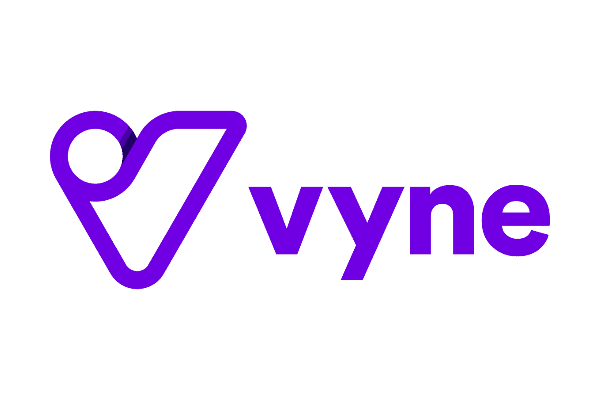
























![Best Fintech Marketing Campaigns [Updated 2025]](https://images.squarespace-cdn.com/content/v1/5dbc49e02aee2977b92ed738/1697711949077-1HBNGRWP4EUUBFL9PFAL/fintech+marketing+campaign.png)
